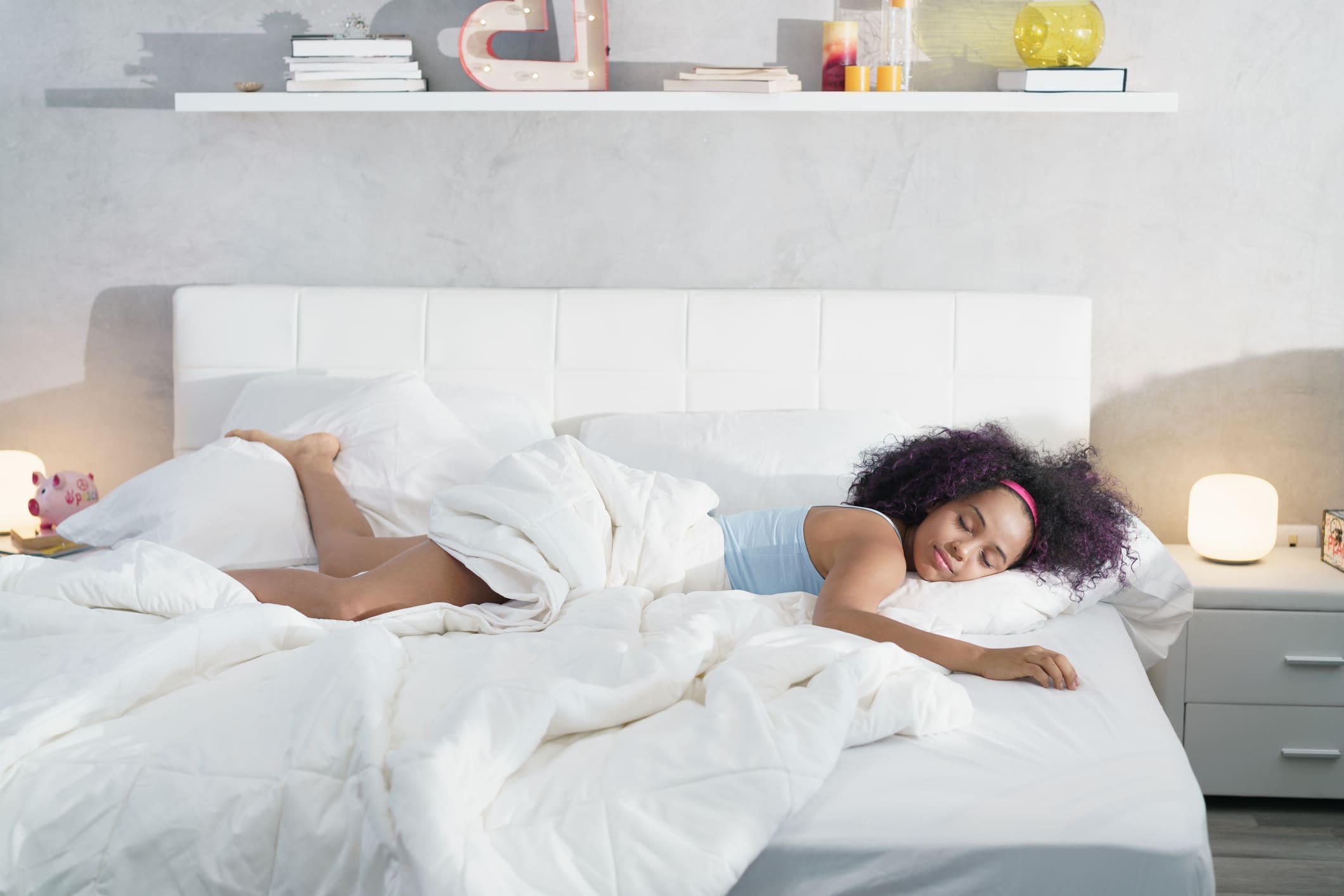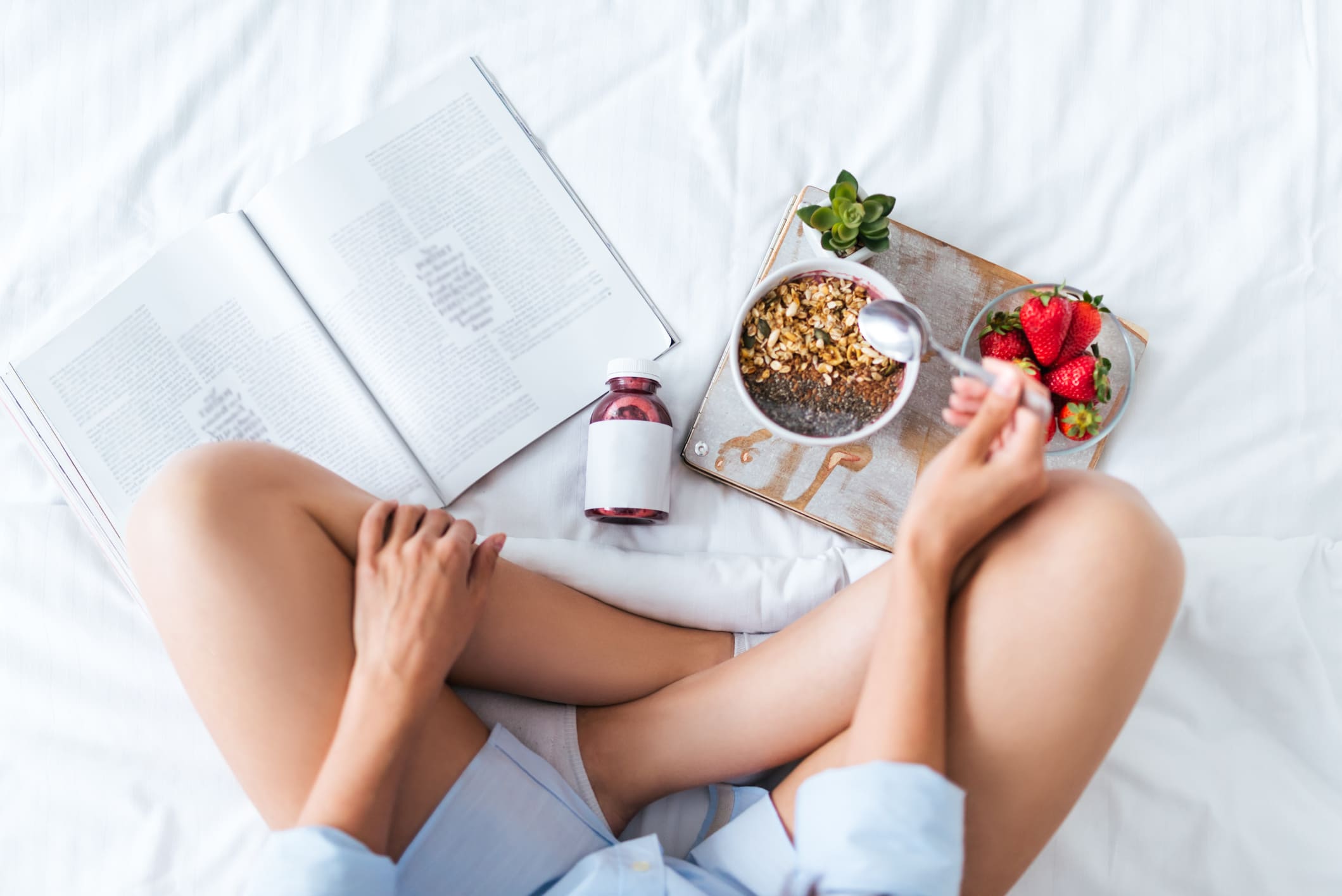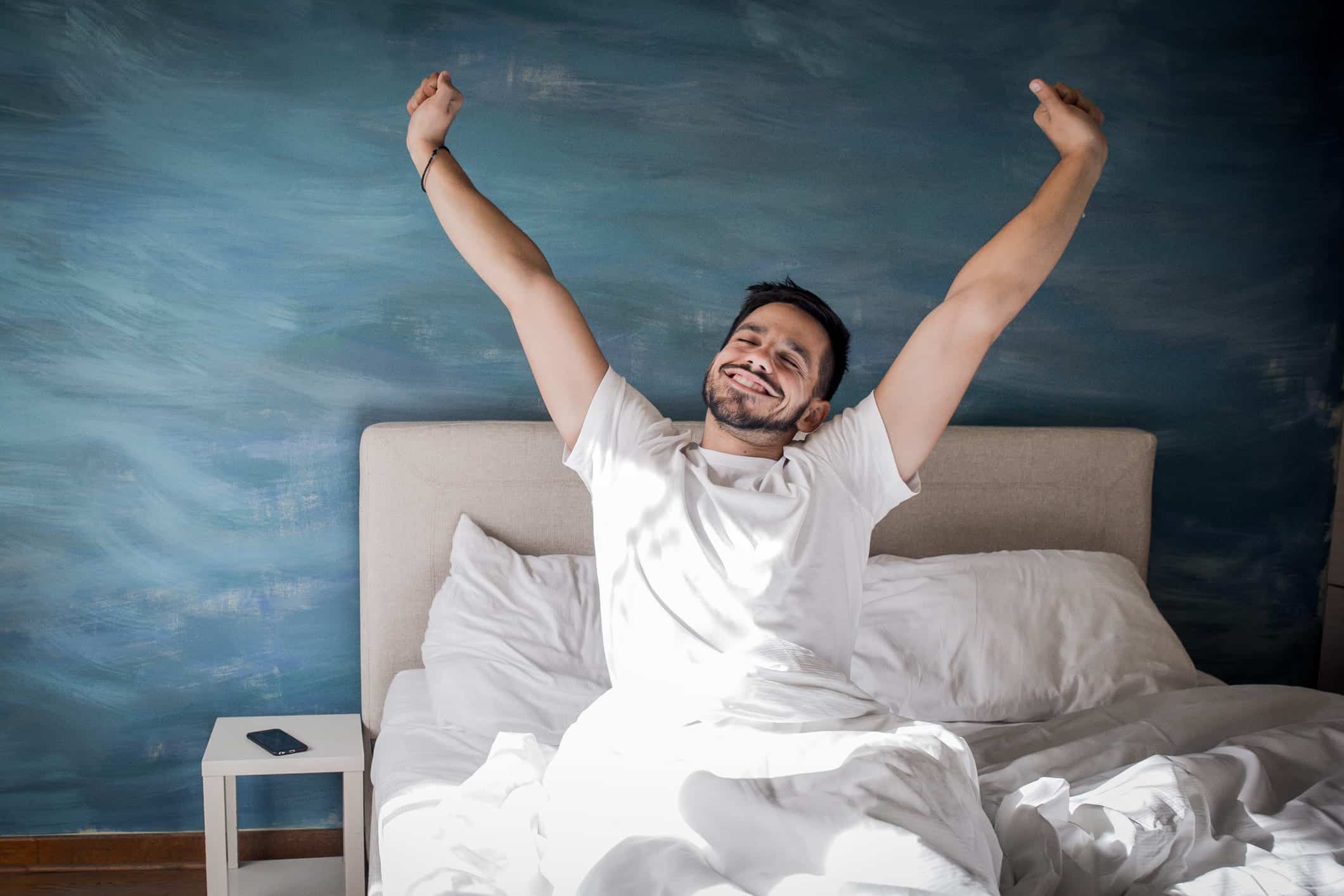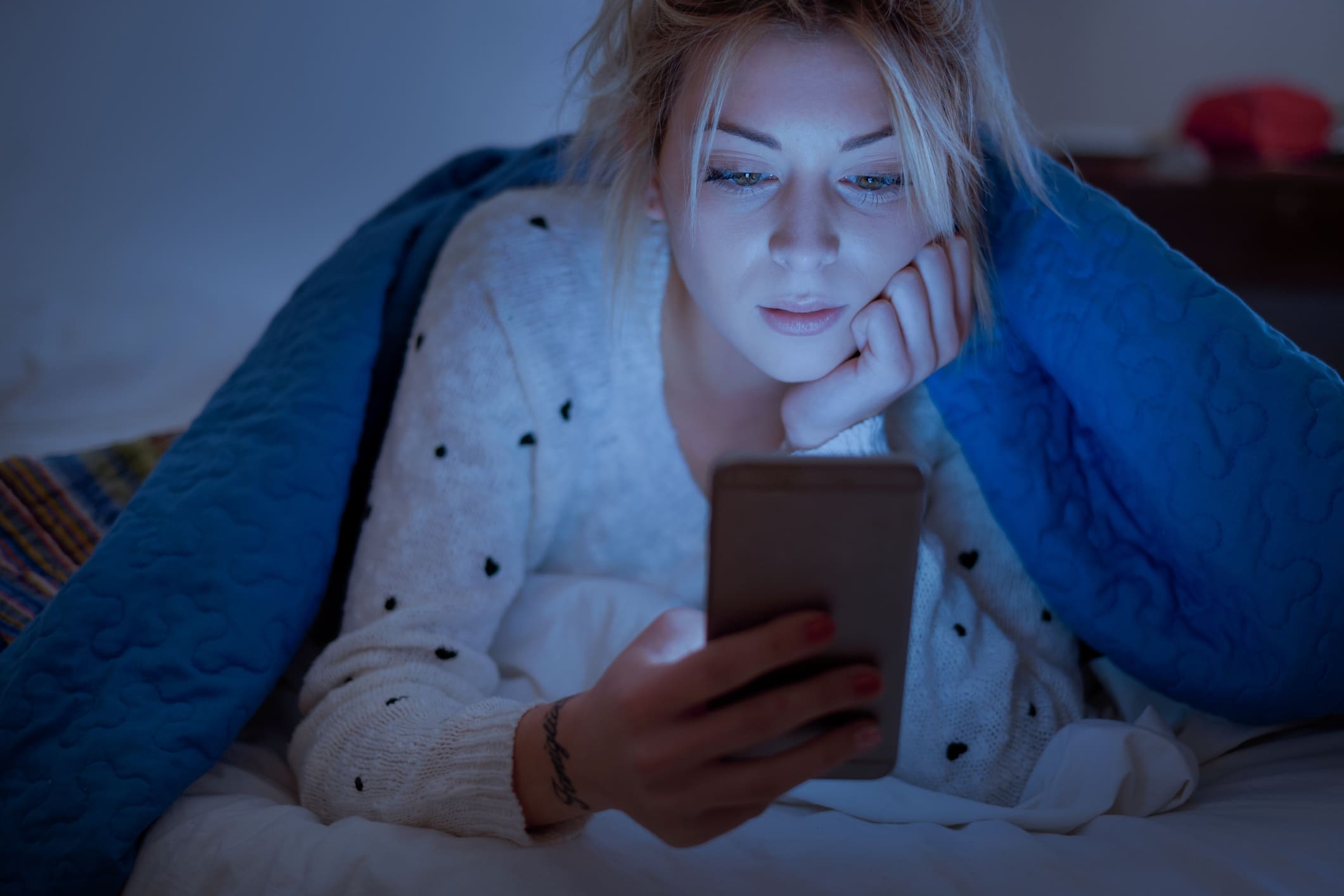Insomnia and Sleeping Pills
In general, sleeping pills have not been found to be the best solution for insomnia; in fact, they can even worsen the insomnia.
Taking them occasionally for no more than a few days in a row presents no major risk provided you have a prescribing physician following your use.

- Always get a medical evaluation first
- Read the medication guide that comes with your prescription
- Take your sleeping pill when you know you have a 7-8 hr period to sleep (the life of the sleeping pill effects)
- Schedule your 7-8 hrs of sleep with the body’s natural body clock (see Circadian rhythms below)
- Never take sleeping pills until it is right before you’re ready to get into bed
- Take sleeping pills strictly as prescribed by your doctor
- Avoid taking sleeping pills with alcohol
- Learn about and watch for side effects
- With long-term use, discontinue carefully with medical supervision
With all the advancements in sleep science we have today, from natural remedies to mattress technology, it’s worth doing some extra homework to learn first about alternatives to using pharmaceutical drugs for insomnia.
Natural Remedies for Insomnia
Before you resort to sleeping pills, experiment with the multitude of natural remedies your body craves for good sleep. Not only do these natural alternatives keep you safe from potentially addictive or harmful hazards, they can enhance your lifestyle with delightful new habits!
Your Mattress Matters
Make no mistake–your mattress does matter! People suffering from insomnia may overlook the construction of their mattress simply because they are not informed enough to know the difference. A truly well made mattress can dramatically change sleep quality.
The mattress is literally the foundation to build upon for improving one’s sleep patterns. Furthermore, natural remedies will be more effective in quieting and soothing the brain if your mattress eliminates strain on your anatomy.

- Good mattress architecture provides important support and weight distribution for your pressure points
- The mattress layers should conform with your curves to help keep the spine aligned throughout the night
- Good mattress technology helps keep your body at the optimal sleeping temperature
- Additional comfort features such as fluffy pillows, or a plush top layer, complete the support for spinal alignment
- Create a peaceful, appealing environment surrounding your mattress
- Mattress selection should always take into consideration your preferred sleeping position to insure good sleeping posture (spinal alignment) throughout the night
Nightly Routine as a Natural Treatment of Insomnia
A good bedtime routine works WITH our body’s built in biological need for sleep and will reset it to get back on track more permanently.
- Going to bed and waking up at the same time every day facilitates your internal biological clock to ready the mind & body for bedtime.
- Exercising improves sleep as it reduces stress and tires you out; however, exercising 2-3 hours before bedtime can make it difficult to fall asleep since it acts as a natural stimulant–especially high intensity workouts.
- Shut off disturbances. The pings from your cell phone or email can disrupt your sleep cycle; and, definitely don’t fall asleep with the television on!
- A mug of warm milk or tea with honey, reading a book, or sitting by the fire are ALL soothing and instill a sense of coziness. Winding down with such rituals, in a relaxing environment, sends messages to the brain telling it that bedtime is approaching.
- Food choices closer to bedtime should be thought out. Certain foods contain an amino acid called “Tryptophan” which helps cause sleepiness. The best bedtime Tryptophan snack is one that contains both a protein, which is the building block of tryptophan, and a carbohydrate, which helps drive tryptophan quickly to the brain, such as: cereal with milk, peanut butter with banana, or ½ turkey sandwich on whole grain bread.

- Some people’s location will require window shades tightly drawn to guard against any outdoor lights.
- Adjust your thermastat for optimal body temp level. The National Sleep Foundation recommends a room temperature between 60 and 67 degrees.
- Studies prove that a warm bath/shower, around 104-109 degrees, for as little as 10 minutes, helps people fall asleep more readily. This is because the body’s tempature needs to drop to initiate good sleep. A warm bath/shower helps that along causing the body temperature to drop in response to the heat of the water temp. And, when you step out of the water, your body temperature rapidly drops again. It’s that steep body temperature drop that facilitates the brain preparing for sleep.
- Add Epsom salt to your bath. Soaking in Epsom salt relaxes since it has magnesium in it, a healing property that enters the skin for the muscles absorb, which furthers muscle relaxation.
- Playing soothing music has been proven to help people fall asleep. More specifically, the music’s gentle tempo influences and helps to slow down the heart rate to its sleep zone rate, about 60 beats per minute. However, since sound in the middle of your sleep cycle can wake you, try setting your phone or iPod on a timer since the music is mainly useful for just falling asleep.
- Bring on the aromatherapy! Certain scents send powerful signals to neurotransmitters of the brain. Essential oils, like lavendar, trigger some of the same biochemically effects of anti-anxiety medications. Scented candles are a nice way to deliver aromatherapy. Not to mention, candlelight tones down the harsh light of the day and evokes emotions that our brain likes for bedtime.

Your Body Clock
Circadian rhythms are what we more commonly call our “body clock” when we think about sleep patterns. Like a clock, the circadian workings of our body are complex moving parts that regulate every cell in our body and are not just limited to sleep!
The primary timekeeper of our body’s time clock is activated mostly by light and darkness coming in through our eyes. The optic nerves disseminate the message of light exposure sending messages throughout the brain. This explains why we get our most important sleep at night, when it’s dark.
But interestingly, these brain receptors connected to hormones also send signals all across the body to synchronise the clocks of other various organs–affecting the coordination of thirst, appetite, body temperature, and rejuvenation along with sleep.
To put it simply, we need to be aware of how many bright lights from electronic screens, or even the glow of digital clocks, in our everyday life can interfere with our sleep. Conversely, depending on your schedule needs, you may need to generate more light exposure to wake up in the morning in order to better set up your circadian cycle for falling asleep at night.

